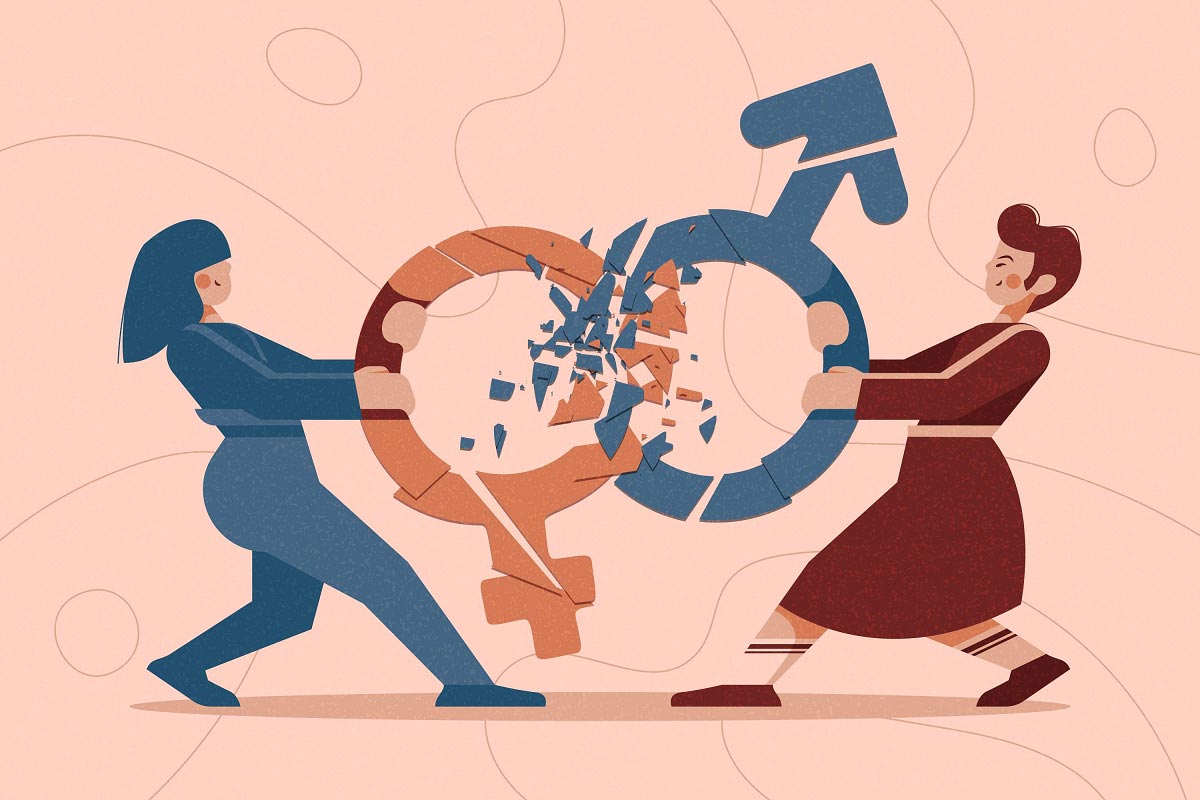
Evolution of Discrimination in Society: A Historical Perspective
Discrimination is an unfortunate reality that has plagued societies throughout history. It is a complex issue that affects various communities and has taken many forms. From racial segregation to gender inequality, discrimination has a long and dark history that has caused harm and injustice to marginalized groups. This article explores the historical evolution of discrimination in society against marginalized groups, factors that contribute to it, changes over time, and its effects on communities.
Historical Examples of Discrimination against Marginalized Groups
The history of discrimination against marginalized groups is long and varied, and it has taken many forms. In the United States, the Jim Crow laws enforced racial segregation and discrimination against African Americans for over half a century. Similarly, the caste system in India has perpetuated social inequality and discrimination against lower castes for centuries. Other historical examples include the Holocaust, apartheid in South Africa, and the genocide of Native Americans.
Factors that Contribute to Societal Discrimination
There are many factors that contribute to societal discrimination, including prejudice, stereotypes, and lack of education and exposure to diversity. Prejudice is a preconceived notion or belief about a particular group that is not based on reason or actual experience. Stereotypes are widely held beliefs about a particular group that may be exaggerated, distorted, or oversimplified. Lack of education and exposure to diversity can also contribute to discrimination, as individuals may not have the opportunity to learn about and interact with people from different backgrounds.
Evolution of Societal Attitudes towards Discrimination over Time
Over time, societal attitudes towards discrimination have evolved, with some progress made in certain areas. The Civil Rights Movement in the 1960s, for example, marked a significant turning point in the fight against racial discrimination in the United States. Similarly, the abolition of apartheid in South Africa in 1994 marked the end of a system of institutionalized racial segregation and discrimination. However, despite progress in some areas, discrimination still persists in many forms, and it remains a significant problem in society today.
Effects of Discrimination on Marginalized Communities
Discrimination has far-reaching and harmful effects on marginalized communities. It can result in increased poverty rates, lower education levels, and decreased access to resources and opportunities. Discrimination can also lead to mental health problems, such as depression and anxiety, as well as physical health problems, such as stress-related illnesses. Discrimination can also perpetuate a cycle of poverty and marginalization, making it difficult for affected individuals and communities to break free from its negative effects.
Current State of Discrimination in Society
Despite progress made in some areas, discrimination still exists in many forms, and it continues to affect marginalized communities. Racial and gender disparities in the workplace and criminal justice system, for example, are still prevalent, with people of color and women facing significant challenges in these areas. Discrimination against LGBTQ+ individuals is also a significant issue, with many facing discrimination in the workplace, healthcare, and other areas of society.
Conclusion
In conclusion, discrimination has a long and complex history that has caused harm and injustice to marginalized communities. Factors such as prejudice, stereotypes, and lack of education and exposure to diversity contribute to societal discrimination. While there have been some improvements in societal attitudes towards discrimination, it remains a significant problem in many forms. Discrimination has harmful effects on affected communities, perpetuating a cycle of poverty and marginalization. It is crucial to continue the fight against discrimination and to work towards a more just and equal society for all.
Sociology Society Gender

